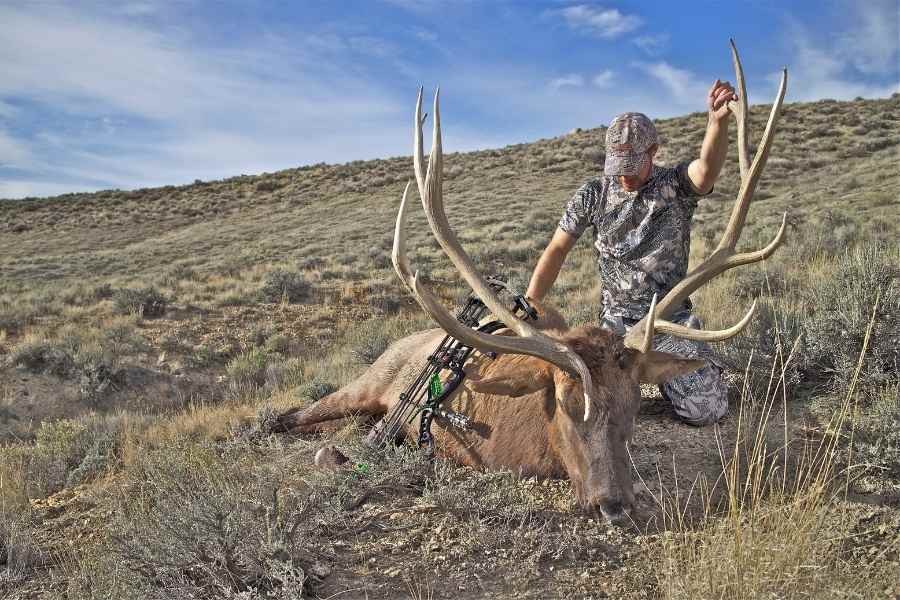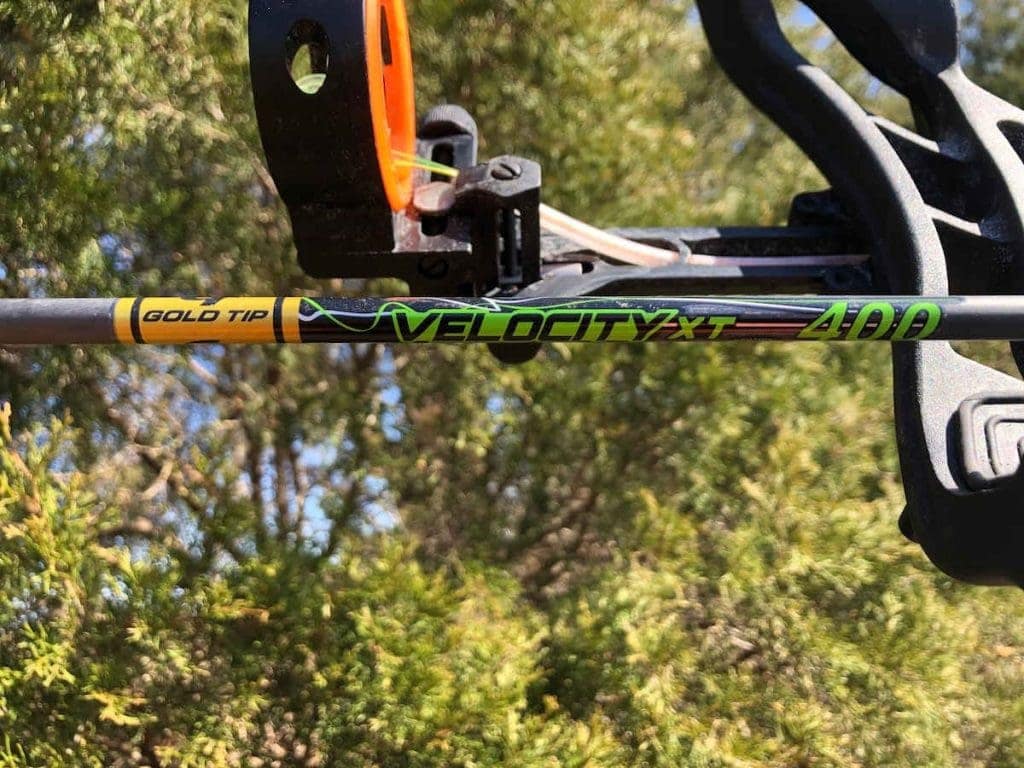Ever wondered about the full scoop on the Pittsburgh Deer Management Pilot Program? This innovative initiative sprung from the necessity to address the escalating issue of deer overpopulation in Pittsburgh’s urban parks, especially in Frick and Riverview Parks.
The main aim?
Maintaining a balanced and healthy deer population is a task that has become increasingly difficult due to the deer overpopulation in these areas.
This overpopulation wasn’t just a minor inconvenience.
It resulted in significant ecological and safety issues.
Deer food sources were being depleted, leading to malnourishment among the deer population and a lack of regeneration of native vegetation, which in turn damaged the ecosystem.
Contents (Jump to Topic)
ToggleSo, during the 2023-2024 deer archery season, the City of Pittsburgh, in collaboration with the United States Department of Agriculture (USDA), permitted 30 archers to enter a lottery system to participate in this initiative
All selected archers must pass a criminal background check and fulfill the following criteria:
- Be a resident of Allegheny County (priority will be given to City of Pittsburgh residents)
- Have a clean criminal background check, including a clean PA Game Commission record.
- Have purchased a 2B Antlerless Tag (or plan to do so)
Source: https://engage.pittsburghpa.gov/pittsburgh-deer-management-pilot-program
Timing of the Hunts
- Hunts take place during Allegheny County’s Archery season.
- Dates: Saturday, September 30 – Saturday, December 9 (excluding Sundays).
- Additional dates: Tuesday, December 26 – Saturday, January 27, 2024 (excluding Sundays).
Special Requirement to Take a Doe First
The pilot program’s primary goal is to control the city’s deer population, focusing on reducing the deer population as a crucial step for effective population control.
This requirement is rooted in a doe reaching breeding age at just six months.
A doe reaches breeding age at six months. 98% of mature does can breed every year.
A doe can produce one to two fawns each year and occasionally triplets. 85% of births are twins and triplets, significantly contributing to population growth.
Also, On-site field dressing is not allowed during the hunts.
Safety Measures for the Pilot
Safety was a paramount concern for the program.
The Pittsburgh Deer Management Pilot Program implemented rigorous safety measures, including deploying experienced archers who had passed a stringent archery exam.
The program also enforced a 50-yard safety zone around occupied structures, including playgrounds and OLEAs (Open Land Environment Areas), ensuring a buffer between hunting activities and public spaces.
Additionally, recognizing that the average bow’s effective range was about 40 yards, archers were instructed to avoid shots over 30 yards to maintain accuracy and safety.
Results of the Pilot Program
The results? As of mid-November, the program reported significant progress, with hunters successfully harvesting 64 deer from Frick and Riverview parks.
Approximately 1,500 pounds of venison from these hunts were donated to local food banks, reflecting a commitment to managing the deer population while also supporting the community.
The “Hunters Sharing the Harvest” program played a crucial role in this initiative, donating most of the meat and covering the cost of butchering.
Demonstrating a sustainable approach to wildlife management and community support.
In terms of individual park impact, Frick Park saw a harvest of 26 deer, while Riverview Park had a higher number, with 38 deer harvested.
The pilot program concluded on January 27, 2024.
Before you go…
We believe, that the Pittsburgh Deer Management Pilot Program is an excellent example of responsible wildlife management, adeptly balancing ecological needs with community safety.
The generous donation of over 1,500 pounds of venison to local food banks by hunters is a testament to the positive impact of ethical bowhunting on wildlife conservation and community support.
Happy Hunting






